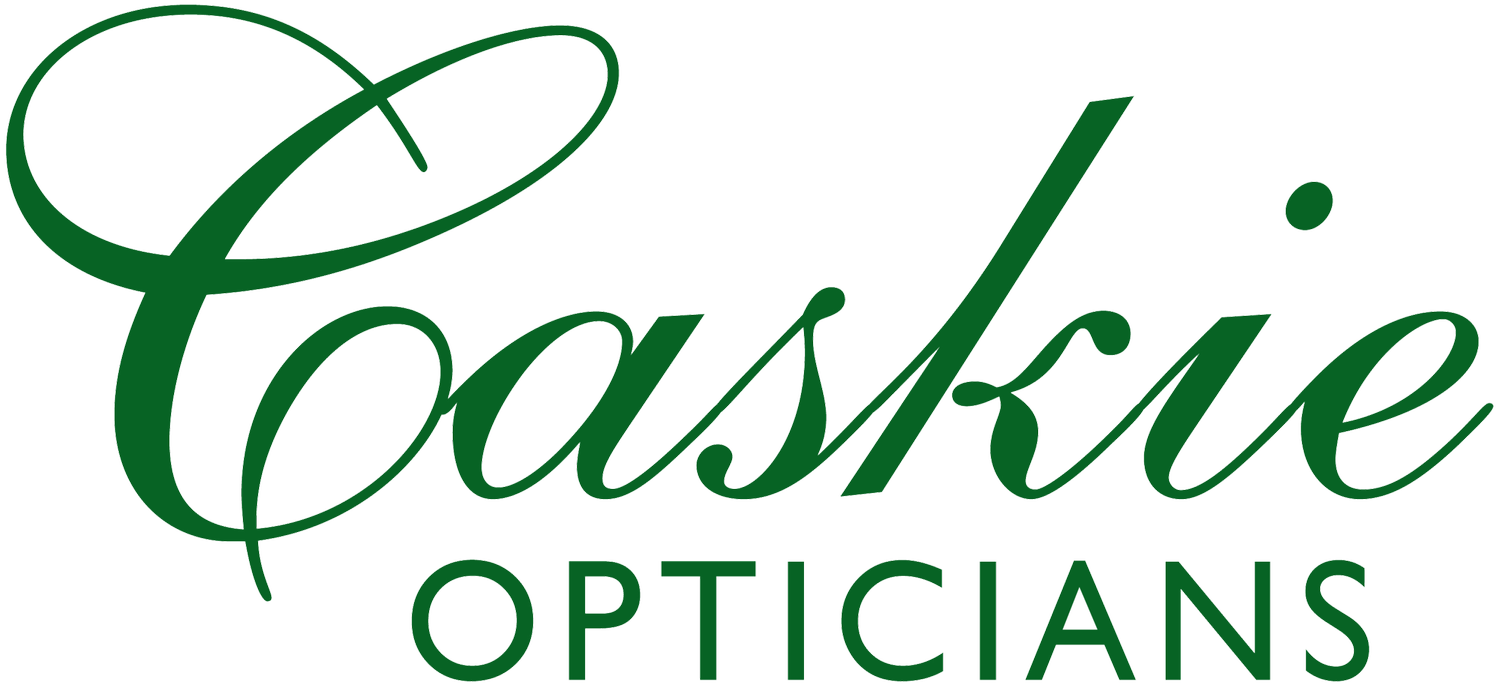Did you know that many people first learn they have serious health conditions such as diabetes, high blood pressure, high cholesterol and even cancer from — yes, you guessed it — a routine eye exam.
Our eyes have been called "the window to our soul." It turns out, they also are often a very effective window to our overall health.
During a comprehensive eye exam, your eye doctor can observe and evaluate the health and condition of the blood vessels in your retina, which are a good predictor of the health of blood vessels throughout your body. Conditions such as diabetes, hypertension and hypercholesterolemia all are visible by changes in the appearance of the retinal blood supply and blood vessels.
Vision screenings are no substitute for an eye exam.
Too often, parents are led to believe their child is seeing perfectly well because she passed a school vision screening. Or adults think they see perfectly because they pass a vision screening at the motor vehicle department or Diabetic Retinal Screening service. Frequently, neither of these assumptions are correct.
Vision screenings are just that — they screen out individuals who have serious (and usually quite obvious) vision problems. Screenings can identify apparent problems a person might have with specific visual tasks, such as seeing a chalkboard clearly in the classroom or recognizing road signs and other objects from behind the wheel.
Only a comprehensive eye exam by an optometrist or ophthalmologist can ensure your vision is as clear and comfortable as possible — and that you're free from potentially serious eye diseases that don’t have obvious early symptoms, including glaucoma and even eye cancer.
